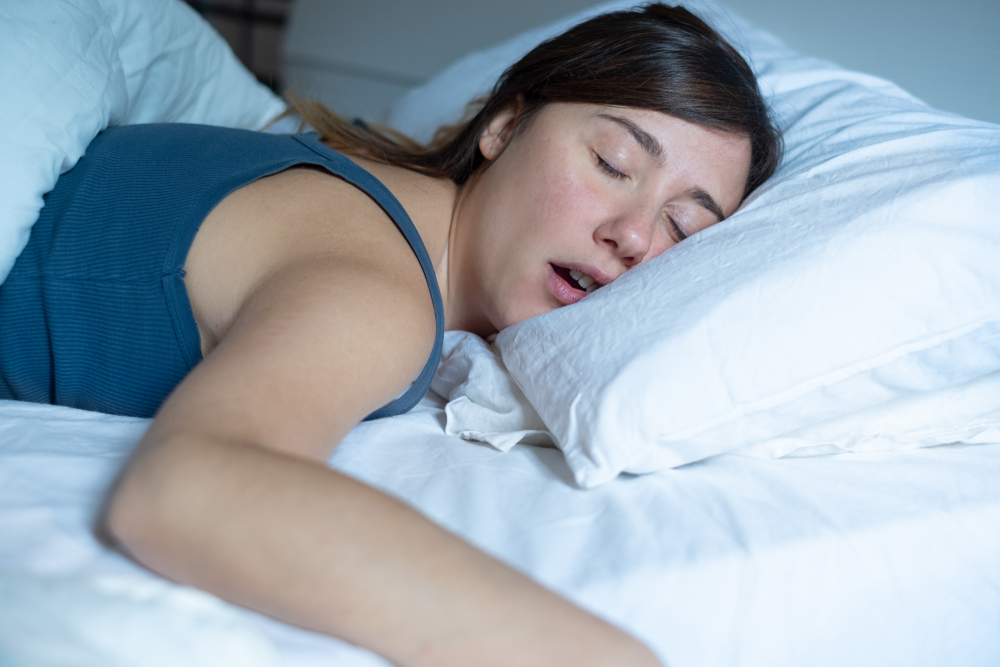Spoiler alert: It certainly does not!
Others are reading now
Despite what you may have heard, your body doesn’t hit pause while you’re asleep. In fact, it’s still burning calories—just at a slightly reduced pace.
While it’s true that late-night snacking might interfere with sleep quality, the idea that your metabolism “stops” during sleep is a persistent myth that needs debunking.
There’s actually not a massive difference between your body’s energy use while sleeping and while vegging out on the couch.
That cozy Netflix binge might not be as far from dreamland as you’d think—at least metabolically speaking.
So, how do scientists measure this?
To quantify how much energy we burn during different activities, researchers use something called MET values (Metabolic Equivalents).
Also read
A MET value compares the calories you burn during a specific activity to what you’d burn doing absolutely nothing.
To estimate your energy use, you multiply the MET value of an activity by your Basal Metabolic Rate (BMR)—which is essentially the number of calories your body needs just to stay alive: breathing, thinking, and keeping your organs ticking over.
The MET value for sleep typically sits around 0.9, though this article uses a conservative 0.8 to account for variation. In other words, you’re still burning about 80% of the calories you would if you were simply lying still but awake.
Calculating your own BMR
Your BMR depends on your age, gender, height, and weight. Here’s how to estimate it:
- Men: 88.362 + (13.397 × weight in kg) + (4.799 × height in cm) − (5.677 × age)
- Women: 447.593 + (9.247 × weight in kg) + (3.098 × height in cm) − (4.330 × age)
This won’t give you a lab-accurate number, but it’s a solid ballpark.
Also read
Let’s run the numbers for a 33-year-old man weighing 90 kg and standing 182 cm tall. His BMR works out to roughly 2,349 calories per day.
Divide that by 24 (hours in a day), and you get about 98 calories per hour.
In the bed vs. on the couch
With a MET value of 0.8 and eight hours of sleep, here’s how the math plays out:
8 hours × 0.8 × 98 kcal = 627.2 calories
So even while snoozing, this individual burns just under 630 calories overnight.
Also read
When awake but resting—say, watching TV—the MET value is around 1.0. For eight hours of couch lounging, the same person would burn:
8 hours × 1.0 × 98 kcal = 784 calories
Only about 150 cal more than sleeping—hardly a dramatic difference.
The Bottom Line
This simplified method isn’t perfect, but it clearly shows that your metabolism doesn’t grind to a halt while you sleep.
Your body stays busy—even in dreamland—maintaining vital functions and burning a respectable amount of energy.
Also read
Eating just before bed might not be ideal for sleep quality, but don’t worry—your body doesn’t stop burning calories the moment you drift off.
Sleep is a dynamic state, not metabolic hibernation.


